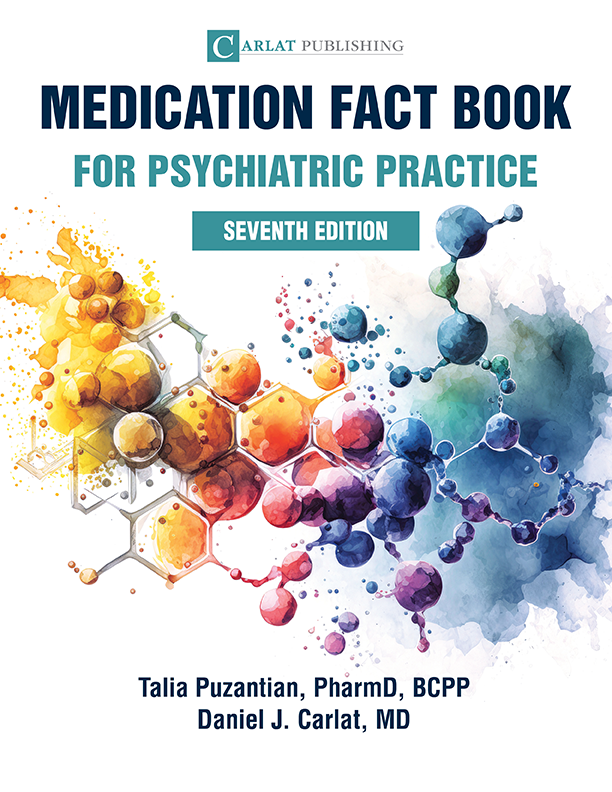General Psychiatry
How to Treat Adult ADHD
Aashish R. Parikh, MD
Staff psychiatrist, Veterans Affairs North Texas Health Care System. Assistant professor, University of Texas Medical School at Southwestern
Dr. Parikh has disclosed that he has been a speaker for Sunovion. Dr. Carlat has reviewed this article and has found no evidence of bias in this educational activity.
Read More
ADHD Overdiagnosis
 Alyson Harrison, PhD
Clinical director, Regional Assessment and Resource Center, Queen’s University, Kingston, Ontario
Dr. Harrison has disclosed that she has no relevant financial or other interests in any commercial companies pertaining to this educational activity.
Alyson Harrison, PhD
Clinical director, Regional Assessment and Resource Center, Queen’s University, Kingston, Ontario
Dr. Harrison has disclosed that she has no relevant financial or other interests in any commercial companies pertaining to this educational activity.
N-acetylcysteine Shows Promise in Treatment of Co-Occurring PTSD and SUD
Colleen Ryan, MD.
Dr. Ryan has disclosed that she has no relevant financial or other interests in any commercial companies pertaining to this educational activity.
Read More

_-The-Breakthrough-Antipsychotic-That-Could-Change-Everything.jpg?1729528747)



